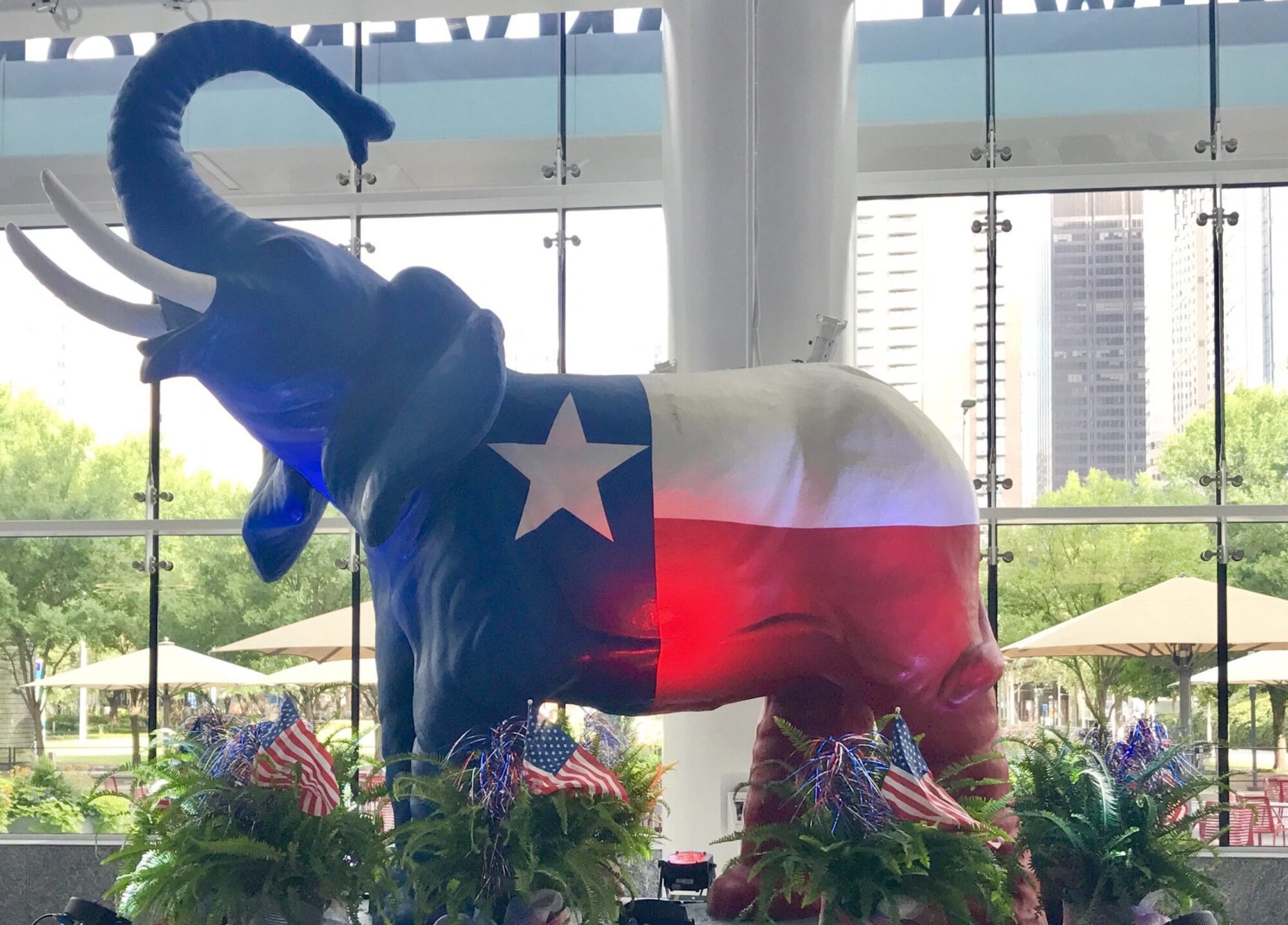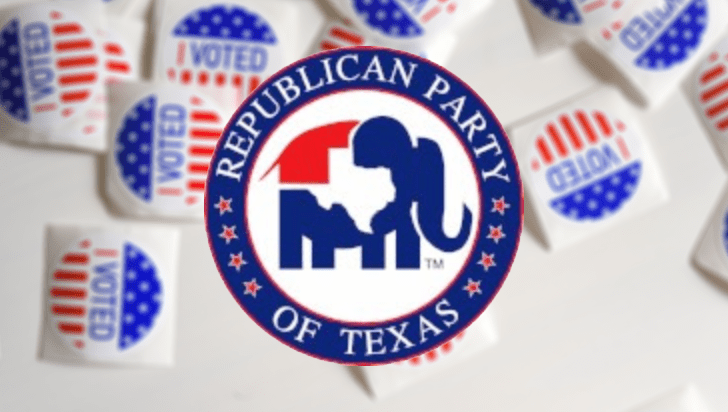On Tuesday evening, Gov. Greg Abbott added yet another “emergency item“ to his growing list of priorities for the 87th Legislature to consider. Similar to two other emergency items that were added in the wake of the recent severe winter weather, this one specifically addresses the perceived billing errors, excessive charges, and any issues regarding ancillary service prices.
On the surface, this issue has been promoted as a consumer protection priority, but it might not be that straightforward when talking about something as complicated as the Electric Reliability Council of Texas (ERCOT) and how regulation potentially impacts the few market mechanisms that exist within that framework.
Brief History and Timeline
- February 14: ERCOT reminds generators that there is no cap on ancillary services and to prepare as needed, as prices are likely to head towards $9,000/MWh.
- February 15: ERCOT system-wide outages occur, but wholesale prices are lower than $9,000/MWh because of a computer glitch on the software being used rather than reflecting real market conditions.
- February 15: The Public Utilities Commission (PUC) unanimously agrees to raise all wholesale market caps to $9,000/MWh and the System-Wide Offer Cap (SWOC) to its maximum, to encourage power generation.
- February 16: PUC camps the SWOC and wholesale market at $9,000/MWh, even though the PUC confirmed it was not needed.
- February 18: “Rolling blackouts” end, but PUC leaves wholesale pricing at $9,000/MWh because there are still many customers without power.
- March 3: PUC meets again to preview prior decisions on market pricing and determines that they were correct in their decision to keep wholesale prices from running up higher than $9,000/MWh.
- March 5: PUC rejects the Independent Market Monitor’s (IMM) recommendation to reprice the market for February 16-19. IMM argued that the raised cap prices did not work, so the wholesale price cap should have been lowered. The PUC indicated that the wholesale market prices did work and the market would or could have been much worse if they did not keep them raised.
Supporters
Ultimately, supporters—which include key state leaders like Gov. Abbott, Lt. Gov. Dan Patrick, and House Speaker Dade Phelan—believe that some people were harmed by the variable rate pay and surprised by exorbitant bills.
Patrick applauded Abbott’s decision to make this an emergency priority by saying, “I am glad Gov. Abbott has made correcting ERCOT’s two pricing errors an emergency item for this session. Yesterday, I called on the Texas Public Utilities Commission (PUC) and EROT to correct the errors identified by the Independent Market Monitor (IMM), and today, 28 Texas senators from both parties made the same request.”
He went on to say, “This is the right thing to do, and it is one important step we can take now to fix what went wrong in the storm.”
Opponents
Opponents say that the repricing will primarily benefit producers that were unable to meet their wholesale obligations by not being able to generate energy at the expense of the generators that actually delivered power onto the market during the winter storm and planned and mitigated the risk accordingly. This means that renewable energy like wind and solar—which were the most unreliable—would stand to benefit at the cost of others who did the right thing.
Opponents also say going through with repricing would kill any remaining semblance of a ‘“free market” because there would be no incentive for generators to meet contractual obligations, with the expectation that they would be punished collectively by the actions of a few.
A suggested solution is that if the government wants to assist retail customers who were on variable contracts to begin with, it should instead do so by direct appropriation and not by socializing or collectivizing the free energy market.
What it Looks Like Legislatively, So Far
In the Senate on Tuesday, State Sen. Kelly Hancock (R–North Richland Hills) filed Senate Bill 1279. If passed, it would require that a retail electric provider not offer wholesale indexed products to residential customers. The Senate Jurisprudence Committee also scheduled a hearing to specifically “examine billing errors resulting from Winter Storm Uri and explore the means available for correcting those errors.”
On Monday, House Speaker Dade Phelan announced a litany of priorities surrounding the problems seen in the wake of the severe winter storm. One of those priorities is House Bill 16, authored by State Rep. Ana Hernandez (D–Houston), which would effectively ban variable rate products for residential customers, including speculative plans that result in larger-than-normal energy bills. The House State Affairs Committee revised its existing scheduled hearing post to also include consideration of the new emergency priority.
It is unclear what the final dispositions will be of any of the bills filed that address the problems that arose in the wake of the severe winter storm. With the bill filing deadline on Friday, March 12, the expectation is that these and other priorities of the Abbott’s will start moving through the legislative process faster than other bills.





